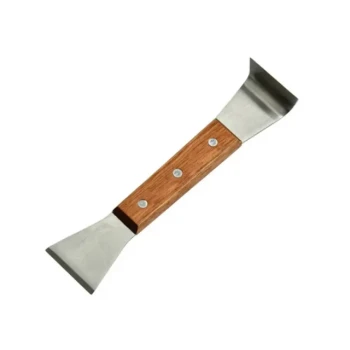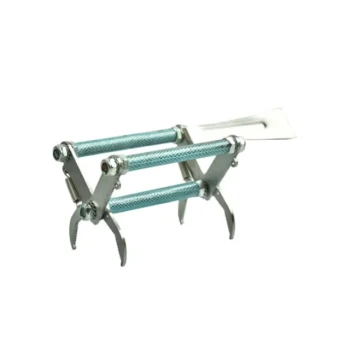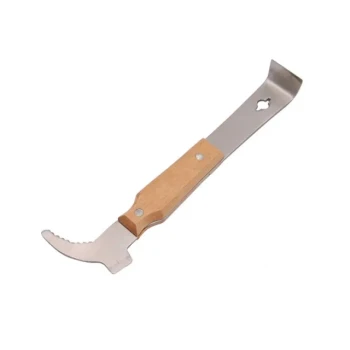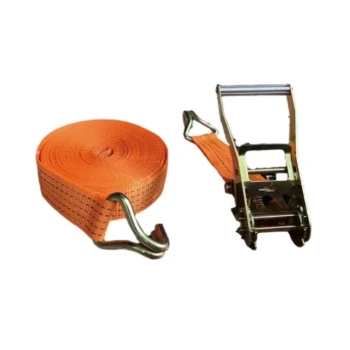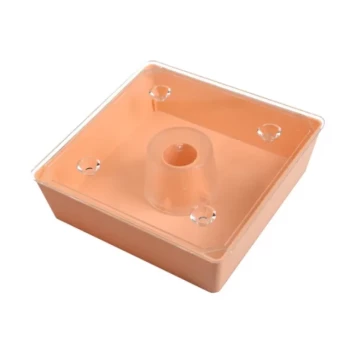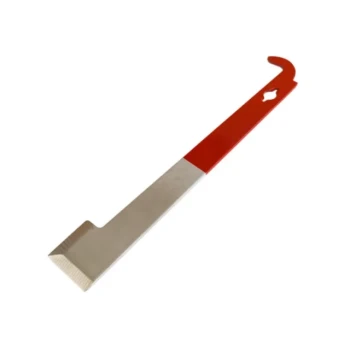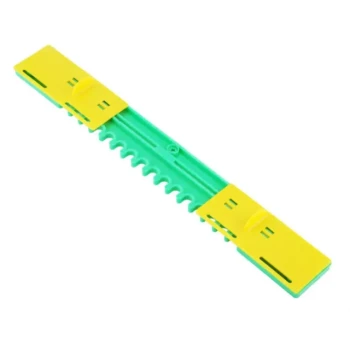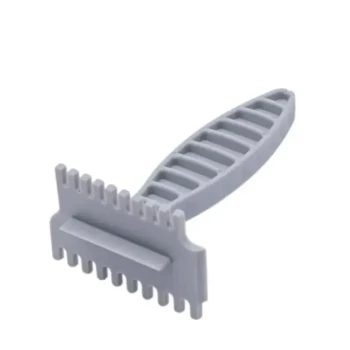Moving a bee hive is a deliberate act driven by clear strategic goals. Beekeepers move hives for many reasons, from a hobbyist correcting a suboptimal location in their backyard to a commercial operator transporting thousands of colonies across the country for large-scale crop pollination. Each move is carefully planned to improve the colony's health, safety, or productivity.
A hive's location is not static; it is a critical variable managed by the beekeeper to maximize bee health, productivity, and safety. Whether moving across a yard or across the country, the goal is always to place the colony in an optimal environment for it to thrive.
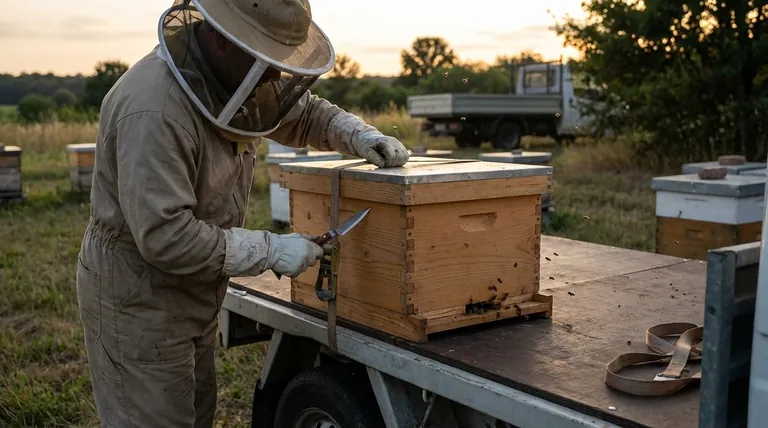
Key Drivers for Hive Relocation
The decision to move a bee colony is never taken lightly. It is a response to environmental conditions, economic opportunities, or immediate threats to the bees' well-being.
Optimizing Forage and Resources
A primary driver for moving hives is to follow the nectar flow. Different plants produce nectar at different times of the year.
Beekeepers move their colonies to locations with abundant blooming flowers, ensuring the bees have a continuous and rich food source. This directly improves honey production and overall colony strength.
Commercial Pollination Services
A significant portion of modern agriculture depends on migratory beekeeping. Commercial beekeepers are paid to transport their hives to farms to pollinate specific crops.
These large-scale operations often involve loading hives onto flatbed trucks using forklifts. Hives are typically moved at night and covered with nets to ensure the entire colony is transported safely to pollinate crops like almonds, blueberries, and apples.
Safety and Nuisance Prevention
Sometimes a hive must be moved for safety reasons. The original location may prove to be too close to high-traffic areas for people or pets.
Conflicts can also arise with property maintenance, such as landscaping or construction. Moving the hive prevents stress to both the bees and the people nearby.
Initial Setup and Expansion
Every beekeeper's journey begins with moving a hive to its first location. This is the foundational move when bringing home a new colony.
As an apiary grows, a beekeeper may also need to move hives to create more space or to manage the operation more effectively.
The Unforgiving Principles of Moving Bees
Moving bees is a precise operation governed by their biology. Failure to follow these rules can lead to a significant loss of the colony's foraging workforce.
The "3 Feet or 2 Miles" Rule
This is the most critical principle. A hive must be moved less than three feet or more than two miles.
Bees create a "GPS" map of their hive's location. If you move the hive 20 feet, the returning forager bees will fly back to the original spot, become confused, and eventually die. A move of less than three feet is short enough for them to reorient, while a move over two miles forces them to create an entirely new map.
The Importance of a Night Move
The ideal time to move a hive is after dark. By then, all the forager bees have returned from the fields for the night.
Moving during the day means thousands of foraging bees will be left behind at the old location with no home to return to, severely weakening the colony.
Securing the Colony for Transit
Before moving, the hive entrance must be blocked. This is typically done with a screen or hardware cloth that allows for ventilation but prevents bees from escaping.
It's also crucial to keep the hive level during transport to avoid damaging the comb and disturbing the cluster of bees.
Understanding the Trade-offs and Risks
While necessary, moving a hive is an inherently stressful event for the colony and presents several challenges for the beekeeper.
Stress on the Colony
The vibration and disturbance of a move are highly stressful for bees. This can disrupt brood-rearing, agitate the colony, and in rare cases, harm the queen.
After a move, the hive should be left undisturbed for several days to a week to allow the bees to settle and reorient themselves.
Risk of Losing Forager Bees
The most significant risk is the loss of the foraging workforce. If the "3 feet or 2 miles" rule is ignored or the move is conducted during the day, a large portion of the colony's most productive members can be lost permanently.
Logistical Complexity
Even a short-distance move requires careful planning. For commercial operations, the logistics are immense, requiring specialized equipment like forklifts, nets, and flatbed trucks, all coordinated for a safe nighttime transport.
Making the Right Choice for Your Goal
Deciding whether to move a hive depends entirely on your objectives as a beekeeper.
- If your primary focus is hobby beekeeping: Move hives only when necessary for bee safety, improved sun exposure, or to correct a poor initial placement.
- If your primary focus is maximizing honey production: Consider strategically moving hives to follow seasonal nectar flows, placing them near blooming crops or wildflowers.
- If your primary focus is a commercial operation: Relocating for paid pollination services is a core business model that requires significant investment in logistics and equipment.
Ultimately, understanding when and why to move a hive is a key management skill that empowers you to actively support your colonies' success.
Summary Table:
| Reason for Moving Hives | Primary Goal | Key Consideration |
|---|---|---|
| Optimizing Forage | Maximize honey production | Follow seasonal nectar flows |
| Commercial Pollination | Generate revenue | Large-scale logistics & timing |
| Safety & Nuisance | Prevent conflicts | Move away from high-traffic areas |
| Initial Setup/Expansion | Establish or grow apiary | Careful initial placement |
Ready to equip your operation for successful hive relocations? Whether you're a commercial apiary or a beekeeping equipment distributor, HONESTBEE supplies the durable, wholesale-focused beekeeping supplies and equipment you need for safe and efficient hive moves. From secure hive straps to ventilation screens, our products are designed to support your colonies' health during transit. Contact our experts today to discuss your wholesale needs and ensure your next move is a success!
Visual Guide
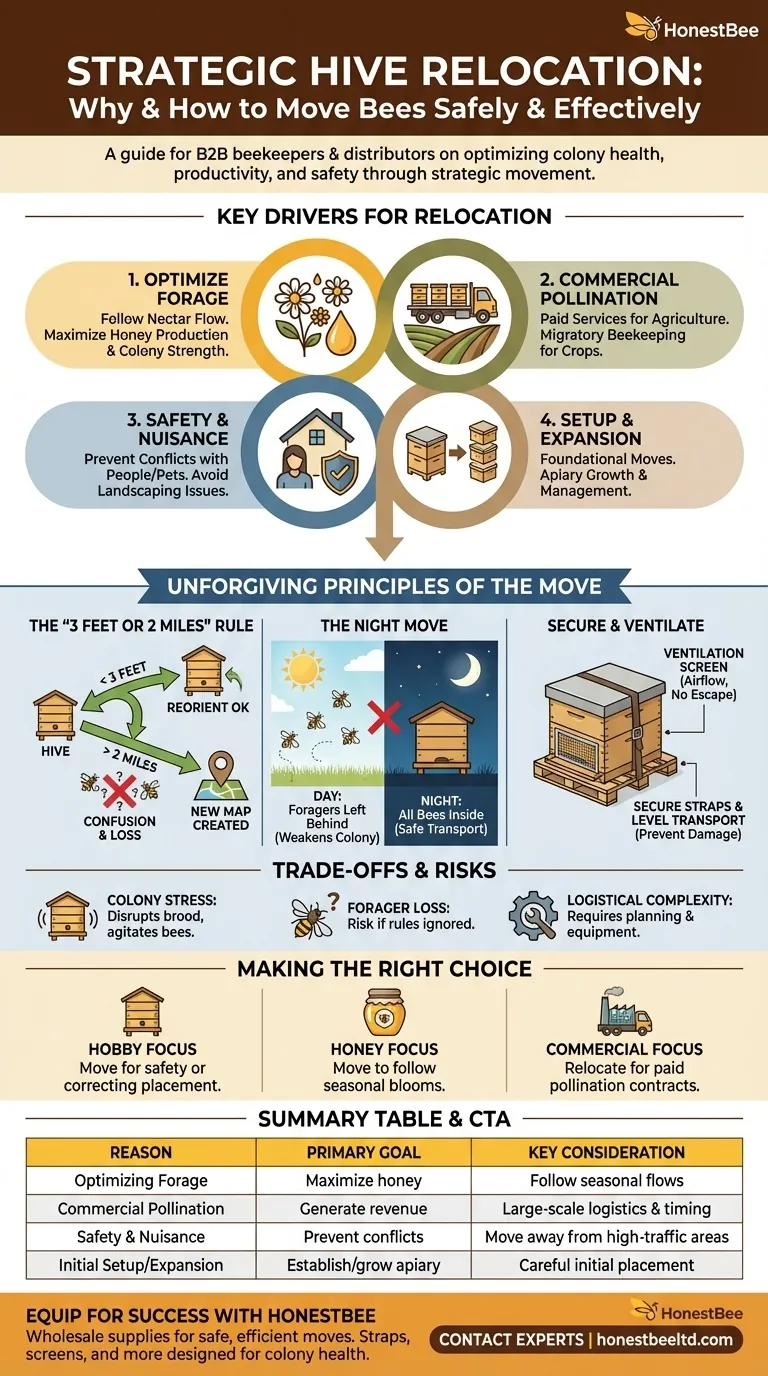
Related Products
- HONESTBEE Premium Italian Style Hive Tool with Hardwood Handle
- HONESTBEE Advanced Ergonomic Stainless Steel Hive Tool for Beekeeping
- Wholesales Dadant Size Wooden Bee Hives for Beekeeping
- Professional Dual-End Stainless Steel Hive Tool for Beekeeping
- Versatile Ratchet Hive Strap with S-Hooks for Secure Fastening
People Also Ask
- Why is it necessary to deploy both internal and brood area sensors? Unlock Advanced Beehive Research Insights
- How do air sensors and rain gauges assist in apiary management? Boost Your Honey Production with Data
- What is the value of specialized equipment for beekeeping by-products? Maximize Your Apiary’s Revenue Diversification
- How does Fiehe's reagent function in the honey testing process? Ensure Honey Purity and Quality Control
- Why is the establishment of an isolated apiary critical for the validation of honeybee treatment protocols? Learn Why.
- What precautions should be taken when introducing packaged bees? 3 Essential Tips for Hive Success
- Why are high-precision acoustic sensors integrated into honeybee colony monitoring hardware? Prevent Colony Loss Early
- Why is the provision of high-quality pollen patties and sucrose solutions essential during bee rearing? Ensure Research Integrity



